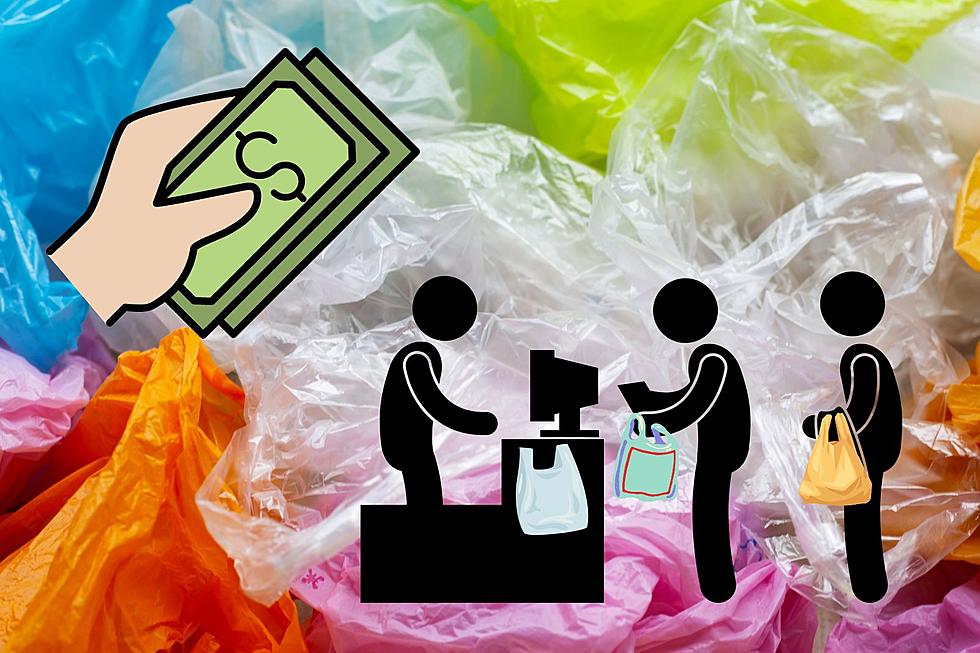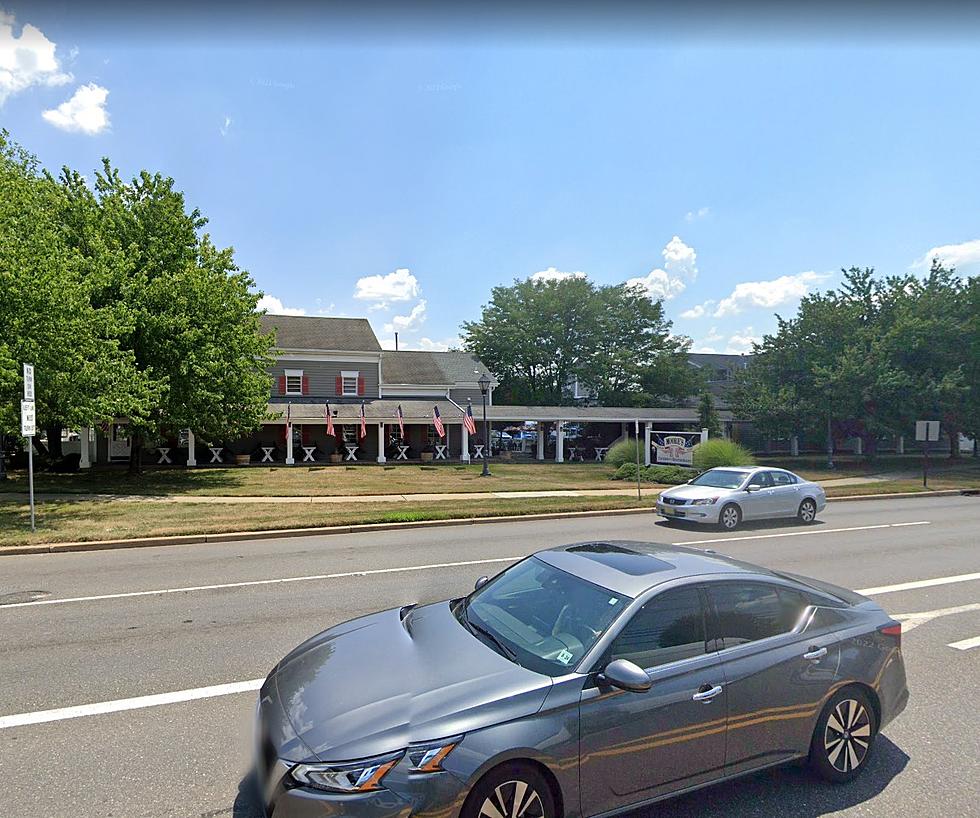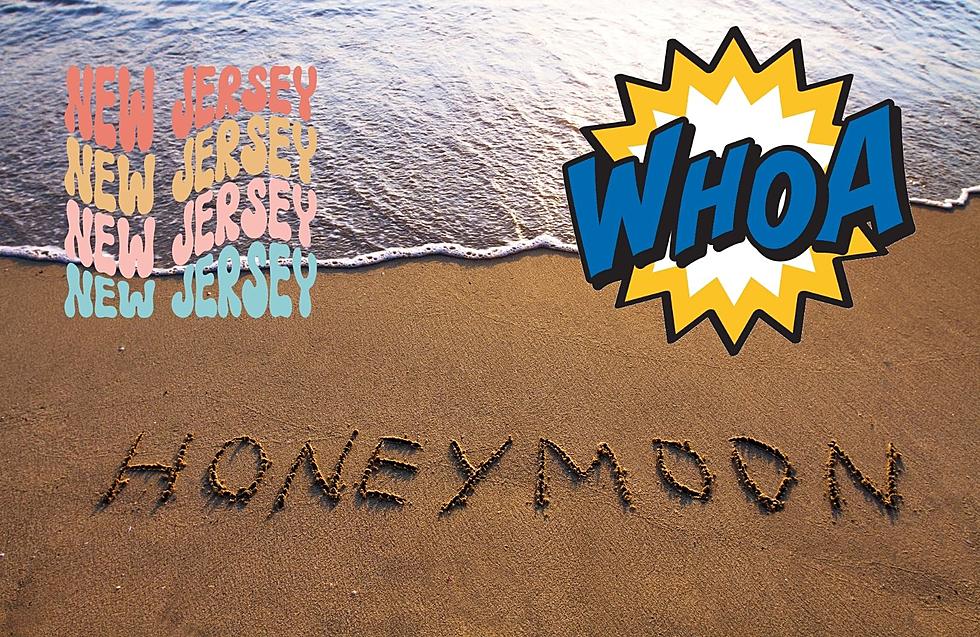
Pay Up: Why eliminating NJ ban may actually cost you
New Jersey has certainly been a hot mess when it comes to bags. In particular, plastic bags.
It's also no secret that New Jersey's plastic bag ban has been a hot mess ever since it went into effect. Not to mention, the confusion it caused.
For example, how come not all plastic bags were actually banned? Yes, we can't have them at checkout lines anymore, but how come they're still allowed at other parts of the store?
Let's look at a supermarket. Why are plastic bags OK in the produce area but not at the registers? It doesn't make a lot of sense.
Also, if we're supposed to have a ban on plastic bags, then how come some restaurants still use them for their takeout? Not all, but some.
And if you had extra plastic bags stored up at home or in your car, you can no longer recycle them at most supermarkets. Since the ban went into effect, a lot of retailers have opted to remove their plastic bag recycling bins.
Now, has it made much of a difference? I suppose there are less plastic bags blowing around nowadays.
But at the same time, now many of us are stuck with worn-out, reusable bags. And sometimes, those end up blowing in the wind.
What's more, unlike it was with plastic, you don't see many spots where you can recycle those reusable bags. As a result, some people may just throw them out or leave them behind in a cart when they have too many.
Reusable costs
Before we look into why getting rid of the ban and allowing plastic bags to be returned might cost us more, let's first look at the impact of reusable bags. In particular, how they benefit retailers.
There's actually a couple of big reasons here. The most obvious one is that reusable bags make the store money.
Ever since the ban, supermarkets and retailers alike charge for the usage of those reusable bags. On the flip side, plastic bags were free.
That means instead of taking a loss on paying for bags, stores are actually making a profit for every one of their bags used. More spending for you, but less for them.
Branding advantage
Aside from making a profit on selling them, there's another big advantage. And it's one related to marketing.
Because the bags are reusable, a retailer's logo and brand would be seen in more places. That's true even when one is shopping at a competitor.
For example, let's say someone is shopping at supermarket A, but they're using reusable bags from supermarket B. That means supermarket B is getting free advertising from inside their competitor's store.
Reverse on plastic
The branding advantage, of course, doesn't cost you anything extra. But it doesn't change the fact that the real win goes to the retailers.
Not only do they charge you for their reusable bags, but you also become an advertising vehicle for them by using their bags at other locations. So in actuality, the plastic bag ban has worked to the retailer's advantage.
And it's that advantage they have now that'll only hurt us if we ever go back to using plastic bags again. Here's what could very well happen if New Jersey's plastic bag were to be lifted.
More money from you
It's really quite simple. If they can charge extra for reusable bags, then why not do the same for plastic bags? Yes, reusable bags are more expensive to produce, but it doesn't mean the same practice of making a profit can't apply to plastic.
Even if it's a small charge that covers just the cost to the retailer, that would still lead to big savings over time. Not for you, but for the store.
And why wouldn't they keep with that practice? With reusable bags, there is no loss since they now charge for them.
From that standpoint, it only makes sense to keep charging per bag even with plastic. Even if it's only something like five cents, that's still more money out of your pocket.
Does it even matter?
An even bigger question now is this. Would it even matter to New Jerseyans if they got charged to use plastic bags?
We might just look at it as a smaller charge when compared to reusable bags. And if we're spending less on bags, it's not that big of a deal.
However, most of us probably wouldn't want to reuse those plastic bags and would go back to just recycling them when we accumulate too many. But here's where we may end up spending the same on bags in the long run.
Instead of getting multiple uses out of one bag at a higher cost, we're paying a lower price to use a bag one time. When you add it up, you'd probably end up paying the same for all those plastic bags that you would for those few reusable ones.
Ban the ban
The bottom line is this. New Jersey's plastic bag ban has not gone as smoothly as some might've hoped.
But there are lessons we got out of this experiment. And those lessons have become pretty obvious.
Retailers learned to charge us to use their bags, and would probably see no reason to stop doing that should the plastic bag ban be lifted. They may just charge less, but why go back to taking a loss?
And for us, it might just be simpler to use a plastic bag once and be done with it, despite being charged for it. At the end of the day, a good portion of New Jerseyans would probably love to see a ban on the ban to bring back the plastic.
9 things New Jersey would rather ban than plastic bags
Gallery Credit: Kylie Moore
LOOK: Here's how much grocery shopping now costs in the U.S.
Gallery Credit: Mike Brant
The above post reflects the thoughts and observations of New Jersey 101.5 Sunday morning host Mike Brant. Any opinions expressed are his own.




